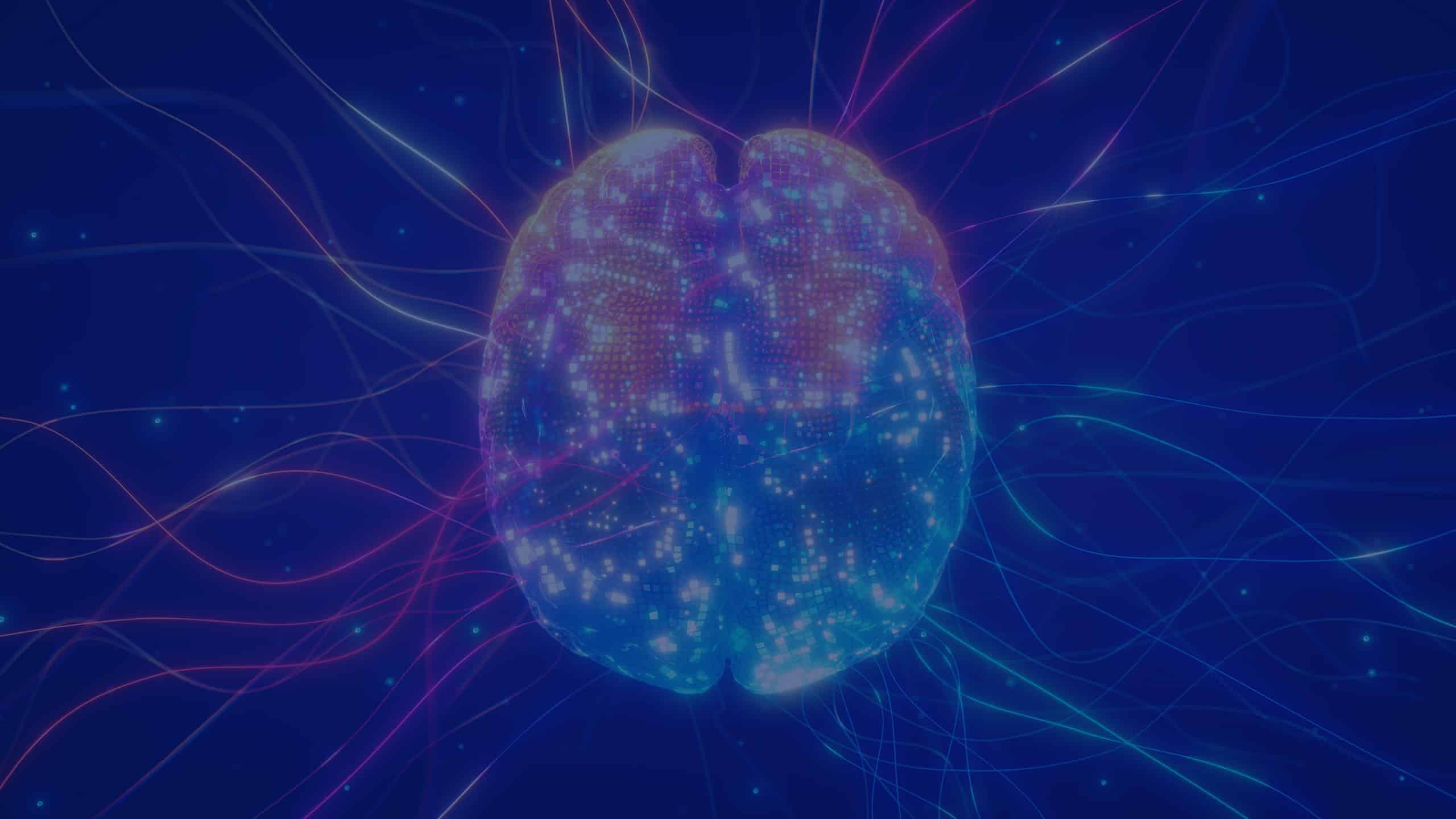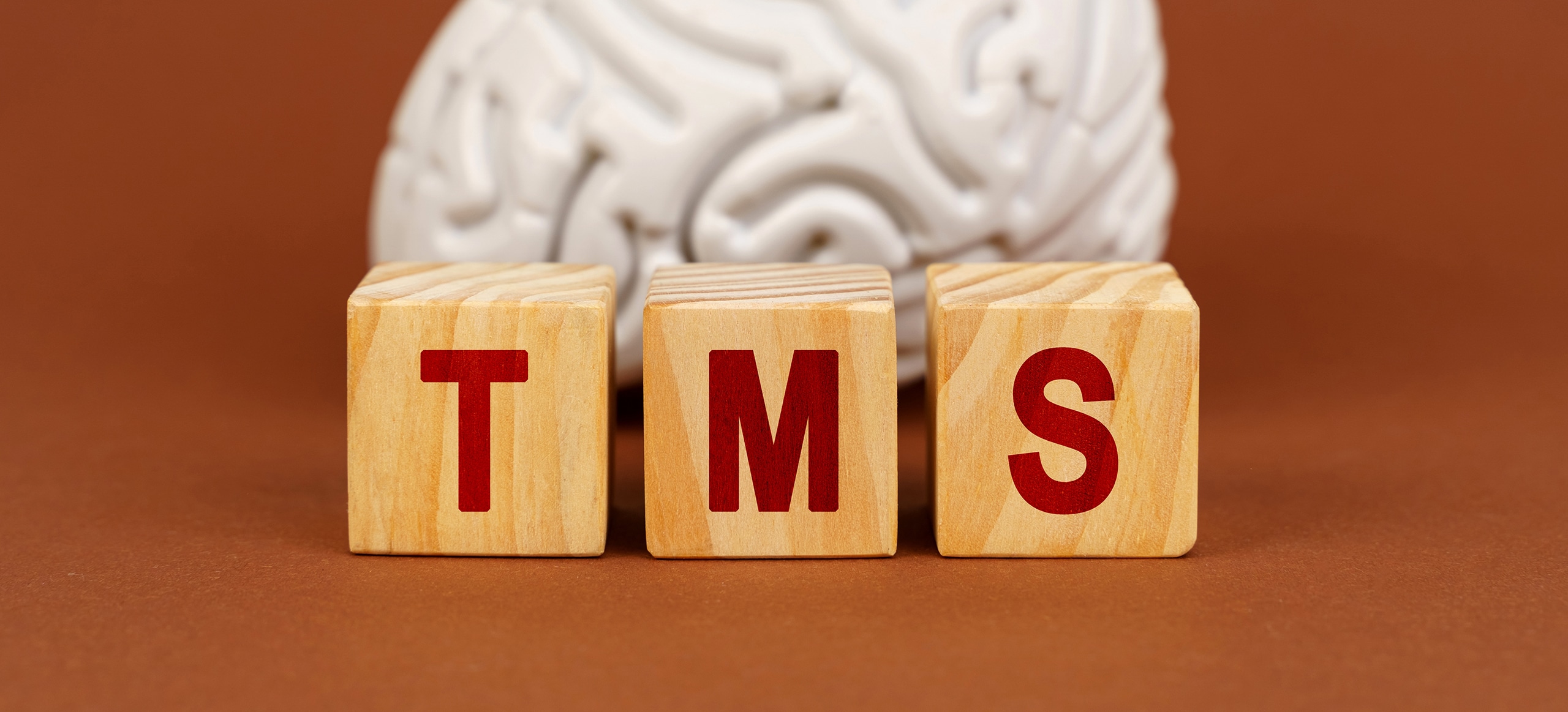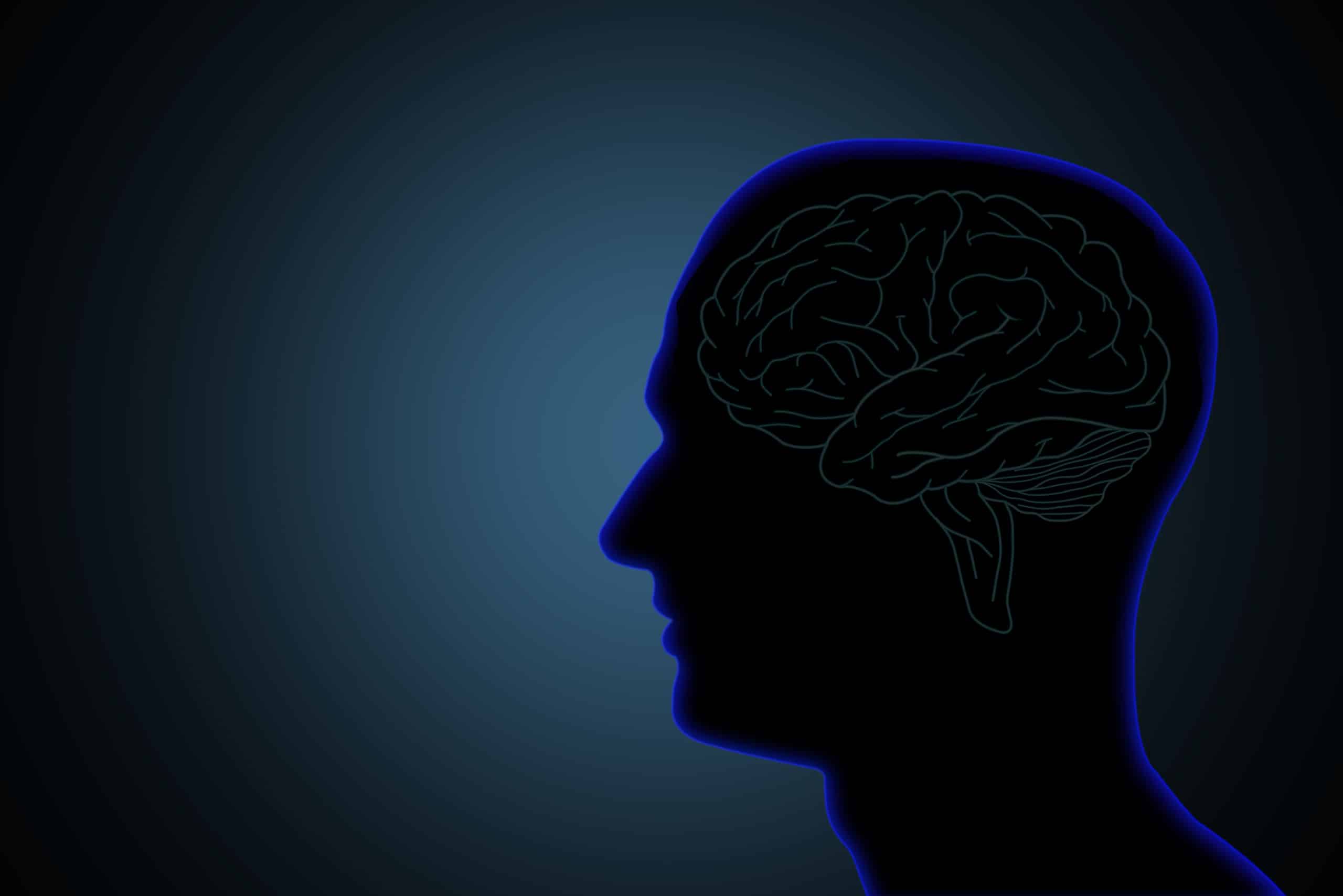The human brain is remarkably adaptable. Even after injury or years of ingrained patterns, it can reorganize itself and form new neural connections, a process called neuroplasticity.
This ability to “rewire” is how we learn, recover from trauma, and regain lost function.
At Neurotherapeutix on Manhattan’s Upper East Side, we harness this natural capability through fMRI-guided transcranial magnetic stimulation (TMS) therapy.
Our patented approach delivers precise, non-invasive stimulation to key brain regions, encouraging the growth of healthier pathways and supporting long-term recovery from conditions such as depression, anxiety, and other neurological disorders.
In this blog, we’ll explore what neuroplasticity is, how it works, and how advanced TMS therapy can help the brain heal and adapt.
Continue reading to see how this science-backed treatment may restore balance and improve quality of life.
What is neuroplasticity?
Neuroplasticity is the brain’s ability to change its structure and function in response to experiences, learning, and healing.
Rather than being fixed, your neural networks are dynamic, capable of forming new connections or strengthening existing ones.
How does neuroplasticity work in the brain?
When you learn a new skill or recover from an injury, your brain creates new or reinforces existing synaptic pathways.
Repeated activity strengthens these circuits, while unused connections weaken. In simplest terms, it’s a “use it or lose it” principle that allows the brain to adapt to new demands.
The role of neuroplasticity in mental health recovery
Mental health conditions such as depression, anxiety, and post-traumatic stress disorder (PTSD) can disrupt normal brain activity.
Harnessing neuroplasticity helps restore balanced signaling between regions that regulate mood, focus, and emotional resilience.
The link between neuroplasticity and fMRI-guided TMS therapy
Neuroplasticity is the brain’s built-in repair system, and fMRI-guided transcranial magnetic stimulation (TMS) therapy helps activate it.
By using advanced brain imaging to guide gentle, targeted magnetic pulses, this therapy stimulates neurons in areas responsible for mood regulation, cognition, and motor control.
The repeated activation encourages the formation of new synaptic connections and strengthens existing ones, which are key steps in rewiring the brain for healthier communication and long-term recovery.
What is TMS brain treatment?
Transcranial magnetic stimulation is a non-invasive therapy that uses gentle magnetic pulses to stimulate specific areas of the brain.
At Neurotherapeutix, every TMS session is guided by fMRI-based computational brain mapping to target the exact regions where neural communication has been disrupted.
How does TMS rewire the brain pathways?
Magnetic pulses activate underperforming neurons and encourage the formation of new synaptic connections.
Over multiple sessions, these strengthened pathways help restore healthier brain activity.
Benefits of TMS therapy for neuroplasticity
fMRI-guided TMS therapy gives clinicians a precise way to stimulate the brain regions involved in learning, memory, and emotional regulation.
Key benefits of promoting neuroplasticity through this approach include:
- • Stronger neural connections: Repeated stimulation helps strengthen communication between brain cells, improving overall brain efficiency.
- • Improved mood and cognition: Enhanced connectivity supports better focus, memory, and emotional balance.
- • Faster recovery after injury or illness: By encouraging the brain’s natural ability to adapt, TMS can accelerate healing following trauma or chronic neurological conditions.
- • Drug-free and non-invasive: Clients avoid the systemic side effects often associated with long-term medication use.
Applications of neuroplasticity treatment
Because neuroplasticity is central to how the brain adapts, treatments that enhance it can address a wide range of conditions.
Neuroplasticity recovery after depression
Research published in the National Library of Medicine shows that individuals with depression often have reduced activity in key mood-regulating circuits.
By strengthening these neural pathways, fMRI-guided TMS helps restore balance and improve long-term resilience.
Can TMS change brain pathways permanently?
TMS does not permanently “lock in” new pathways after a single session, but repeated treatments encourage lasting structural and functional changes.
Many clients experience improvements that continue for months or even years when supported by healthy habits and follow-up care.
Is TMS safe for long-term brain health?
Yes. TMS has been extensively studied and is FDA-cleared for multiple neurological and psychiatric uses.
Patented fMRI guidance, exclusive to Neurotherapeutix, enhances safety by ensuring stimulation is delivered only to precisely mapped brain regions.
Enhancing neuroplasticity beyond TMS
While fMRI-guided TMS therapy provides a powerful boost, lifestyle choices also play a significant role in supporting ongoing brain rewiring.
The role of neuroplasticity in meditation
Mindfulness and meditation practices have been shown to increase gray-matter density and strengthen attention networks, complementing the effects of TMS treatment.
Lifestyle habits that support brain rewiring
Everyday habits can reinforce new neural pathways and maintain progress. For example:
- • Regular aerobic exercise increases blood flow and growth factors that nourish brain cells.
- • Balanced nutrition rich in omega-3 fatty acids, antioxidants, and vitamins protect neural tissue.
- • Consistent sleep allows the brain to consolidate learning and repair connections.
- • Cognitive challenges, such as puzzles, music, or language learning, keep circuits active and adaptable.
Combining TMS with other neuroplasticity treatments
For many people, pairing TMS with cognitive behavioral therapy, physical rehabilitation, or occupational therapy produces stronger outcomes by reinforcing the brain’s new patterns during everyday activities.
Signs you may benefit from TMS brain treatment
You might be a candidate for fMRI-guided TMS therapy if you experience persistent mood changes, cognitive fog, or slowed recovery after a neurological event despite traditional treatments.
A consultation and fMRI brain-mapping session will clarify whether this therapy fits your needs.
What to expect during TMS sessions
Each visit lasts about 20–30 minutes. You’ll relax in a treatment chair while a specialized coil delivers gentle magnetic pulses to targeted brain regions.
Most people describe only a light tapping sensation on the scalp and can resume normal activities right away.
Recovery timeline and long-term outcomes
Many clients begin noticing improvements in focus, mood, or energy within two to three weeks.
Because fMRI-guided TMS therapy promotes genuine neuroplastic changes, benefits often continue to build for months and can be sustained with periodic maintenance sessions and healthy lifestyle habits.
Advanced neuroplasticity treatment in New York City
Located on Manhattan’s Upper East Side, Neurotherapeutix offers a patented, fMRI-guided TMS program that personalizes every treatment to your unique brain activity.
Whether you are recovering from depression, a neurological condition, or simply seeking to optimize cognitive performance, our team provides precise, non-invasive care designed to help the brain rewire itself for lasting recovery and improved quality of life.
Contact us today to learn more or request an appointment to get started.















